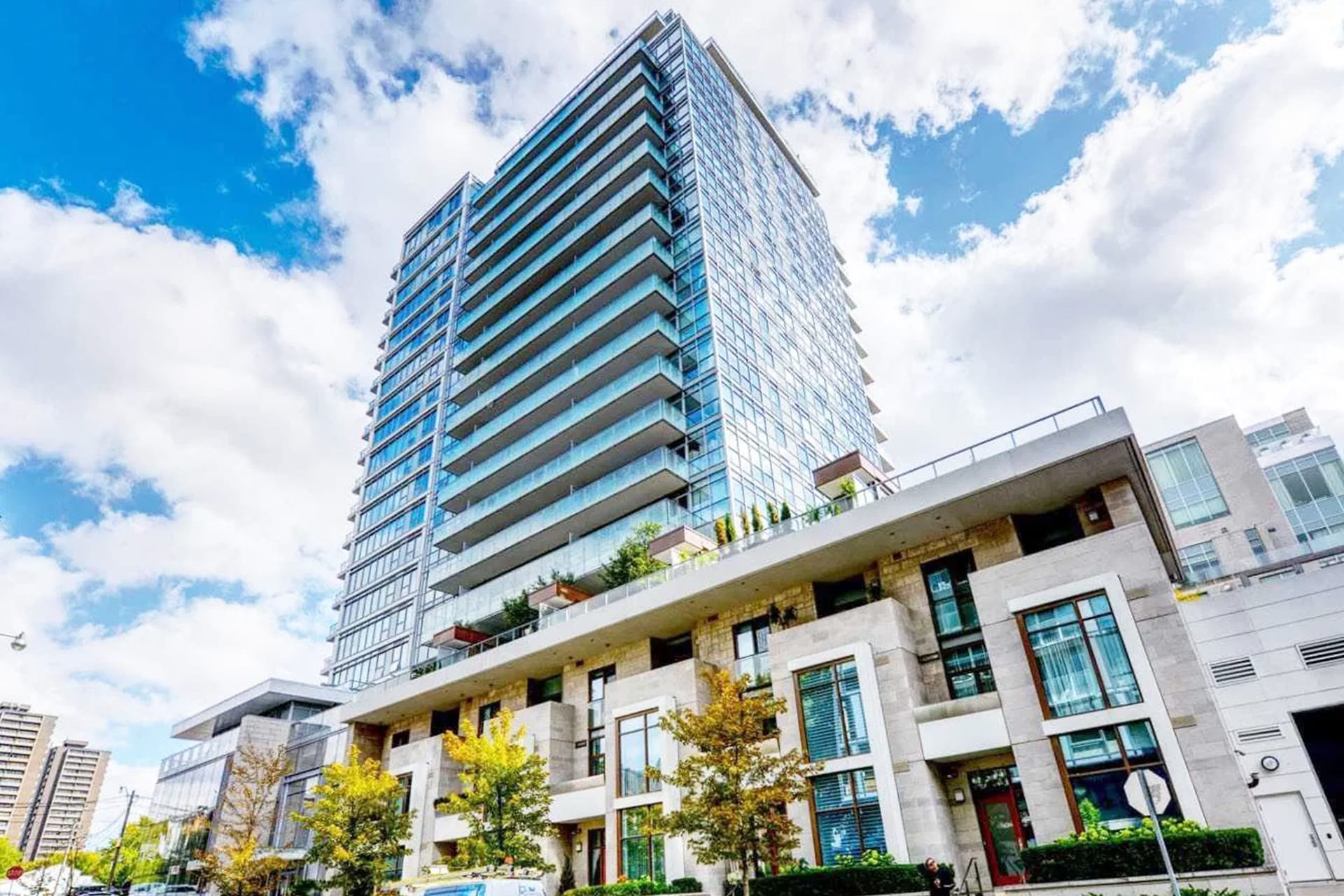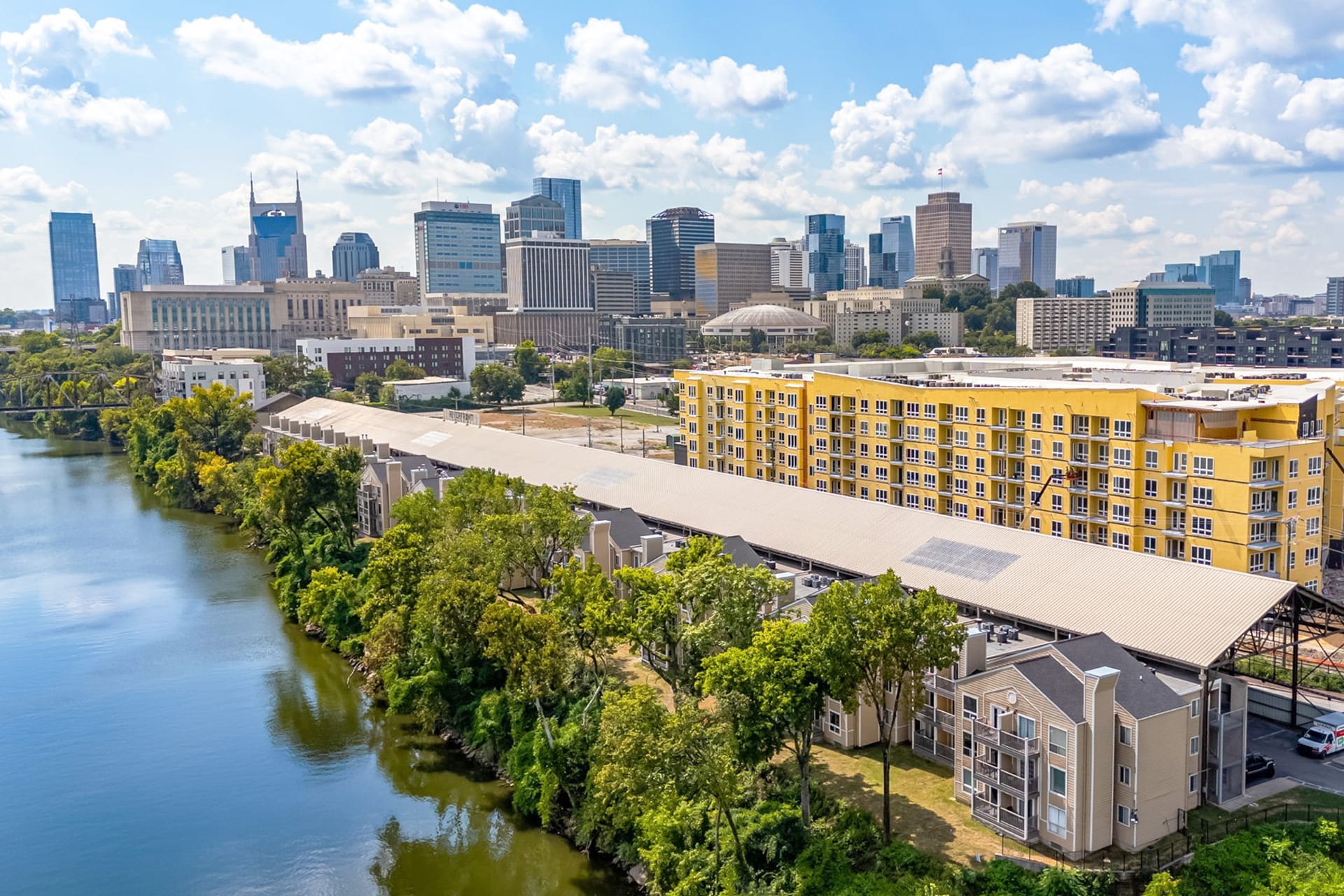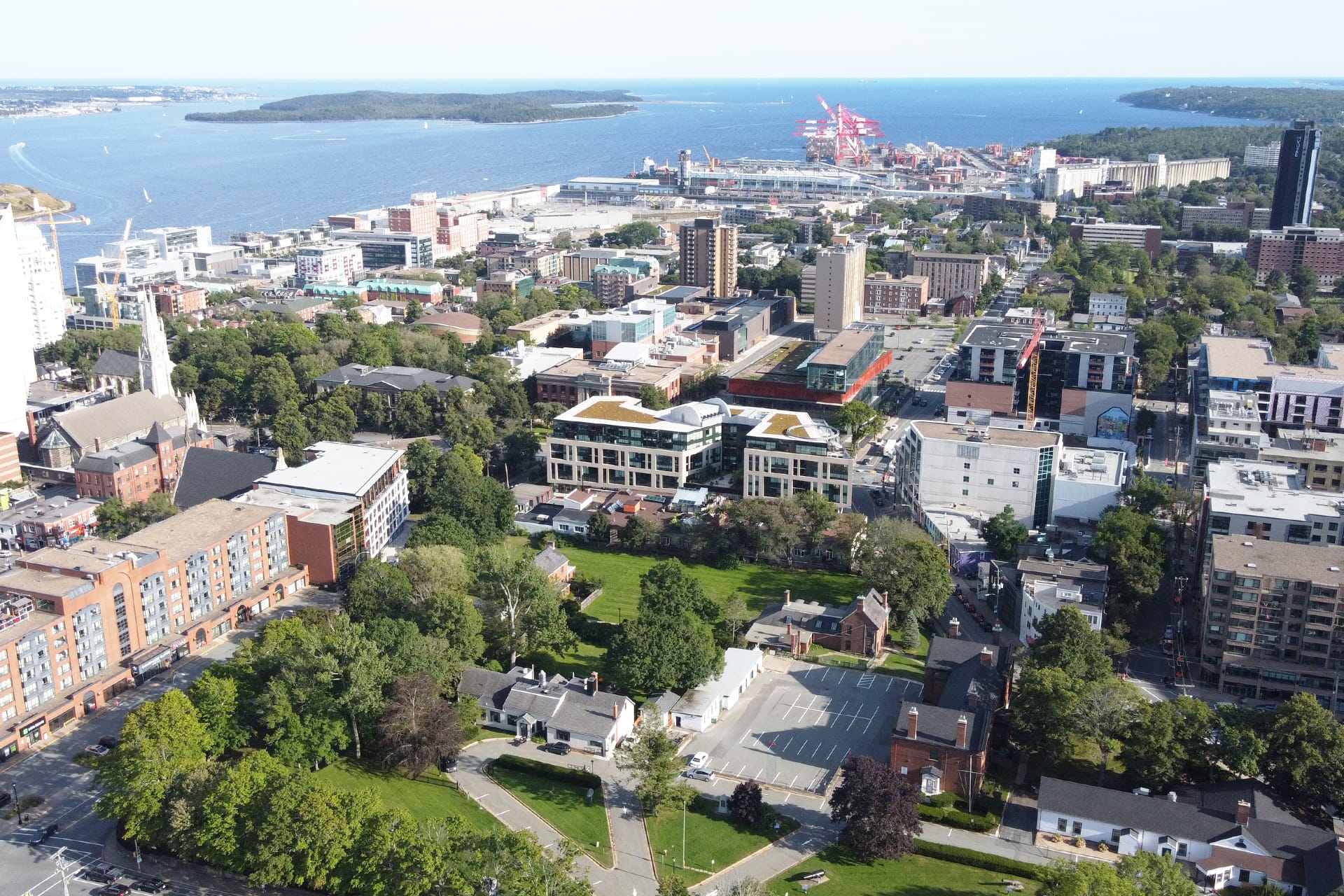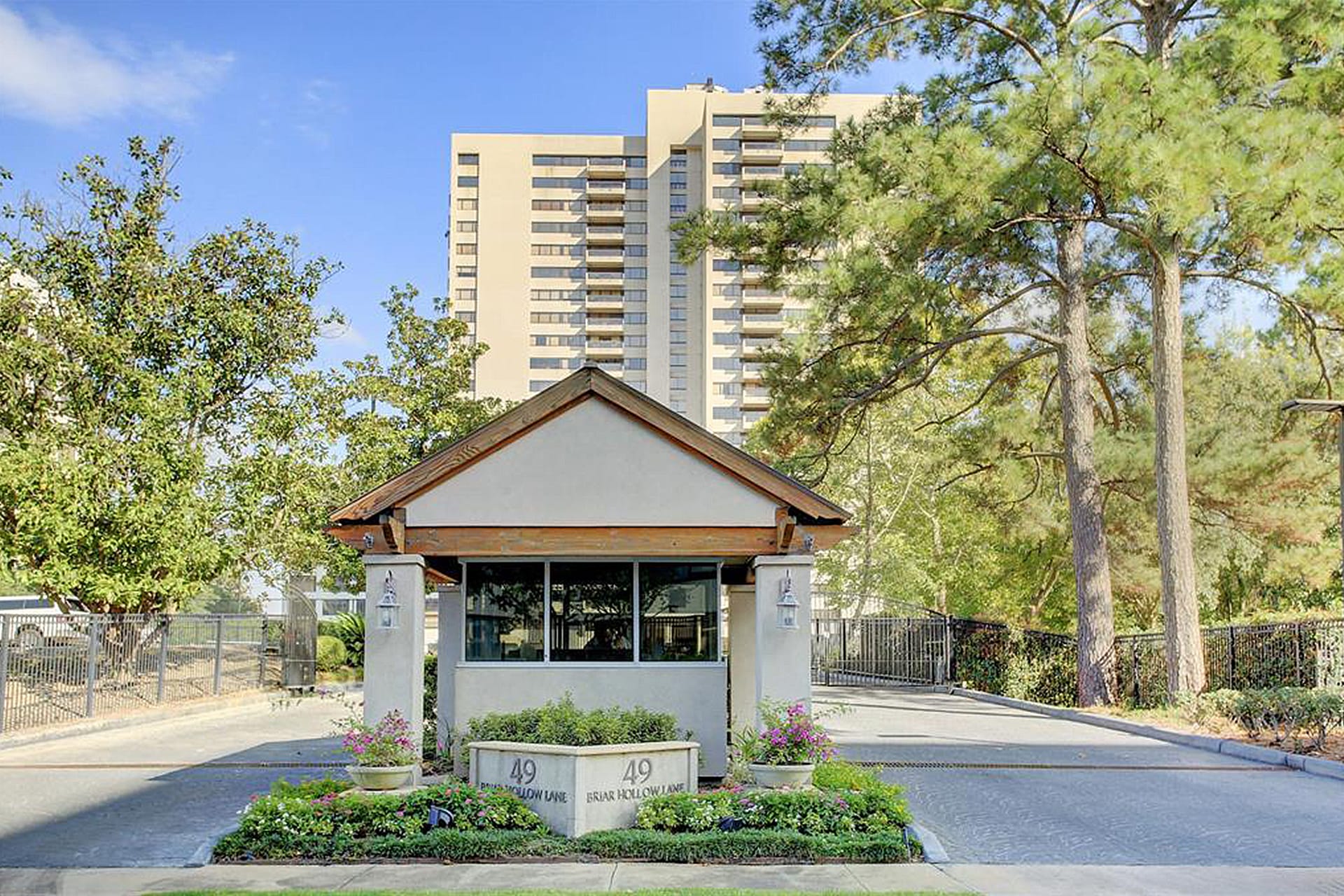Is your condo management software holding you back? Maybe you’ve never thought about that before, but now that it’s on your radar, take a moment to evaluate its performance.
We’ve spoken to several condo management companies and communities about this issue. In some cases, users say that their software is “fine” or that “it works well enough,” but the solutions don’t actually solve all of their problems.
Nevertheless, people stick with their current software because it is familiar. But you don’t have to settle for good enough; you deserve better! Plus, making a change is easier than you think.
Keep reading to find out if it’s time for a condo management software upgrade.
Table of contents
- Sign #1. Communication breakdowns are common
- Sign #2. A feature that was supposed to make things better has actually slowed productivity
- Sign #3. Manual processes are a big part of your daily routine
- Sign #4. Your system doesn’t talk to other software
- Sign #5. The software feels stale or old
- Sign #6. Community demographics have changed
Sign #1. Communication breakdowns are common
Your condo software has tools for sending emails and receiving maintenance requests. But, for whatever reason, your residents are still upset because they don’t always receive messages.
Or, perhaps you still have trouble keeping track of new messages.
If you experience either problem on a regular basis, then your communication tools are failing you.
Outdated systems often rely on manual email lists or fragmented dashboards.
Conversely, modern platforms leverage multichannel communications, including email, text messages, push notifications, and digital bulletin boards, to ensure important updates reach everyone in real time.
Communication is a critical component of effective condo management. If you need a better system, upgrade to a condo management software that centralizes communication and notifies you when a new request requires your attention.
Sign #2. A feature that was supposed to make things better has actually slowed productivity
We recently heard a story from a property manager who was disappointed by a software company’s AI feature. AI is already making big changes for condo communities, but it is still in its infancy and has not reached its full potential.

Nevertheless, some platforms are promising more than they can deliver. In this case, the property manager believed that the AI assistant would be able to identify and convert more qualified renters. But in reality, they ended up with more people who were bad fits. This ultimately created more admin work for the manager, and lowered their conversion rate.
If your expectations have not been met, consider looking for a platform that can properly address your needs. Some companies are even willing to build new features for their clients.
Sign #3. Manual processes are a big part of your daily routine
Every condo management software should have the ability to streamline and automate manual tasks. That is its core functionality.
But you might find yourself doing things the old-fashioned way. Printing forms, manually logging maintenance requests, and juggling Excel sheets for payments use up too much of your valuable time. You shouldn’t be performing this type of manual work every day.
A high-performing platform frees you and your team from manual processes so that you can focus on higher-value work.
Sign #4. Your system doesn’t talk to other software
It’s not uncommon for condos, especially larger communities, to use more than one software solution. Sometimes, having two exceptional solutions is better than one platform that excels in most, but not all areas.
But, if your accounting, security or amenity booking tools all work in separate silos, it’s a sign of inefficiency.
A platform that supports integrations is better because updates made to one platform are automatically reflected in the other system. This reduces errors and creates a single source of truth for your team.
Sign #5. The software feels stale or old
There is nothing static about condo management. With so many moving parts, variables and people involved, it’s impossible to predict how your day will unfold.
Condo communities are incredibly dynamic, and your software should be just as agile.
However, some platforms do not get updated often enough. That is problematic because the technology eventually becomes slow and/or less effective at solving new challenges. The result: less usage and more manual work.
Innovation should be continuous, reflecting new technological capabilities, evolving community needs, and customer feedback.
Sign #6. Community demographics have changed
External factors can impact how useful a technology is as well. Software that once did the trick may lose its effectiveness as new members move in.
For example, a condo that originally housed an older demographic may have only needed a website or simple portal for communications. However, expectations around responsiveness, transparency, and digital access will change when younger owners start purchasing the units. They are more comfortable with technology and will need a more sophisticated software that aligns with their needs.
While making a change can bring up a lot of “what ifs”, it doesn’t have to be hard. Condo Control has a dedicated onboard and support team to ensure transitions are smooth and painless. We even import existing data for you so that you can get started asap.
After you’ve transitioned to a more suitable condo software, you’ll notice that owners and residents are more engaged since they will have the ability to access information, receive updates, and submit requests, no matter where they are or what their schedules are like.
Final thoughts
Your condo management software should empower you, not limit you. If you can relate to any of the six signs mentioned above, it’s time to explore more capable solutions that can truly simplify operations, improve the resident experience, and reduce your workload.
Remember that software should be user-friendly and dynamic. It needs to be able to scale, and it must remain fresh. If people don’t want to use it because it is too complicated or unappealing, then you won’t get results, even if the features are good.
More importantly, condo software should solve the problems that impact your ability to be productive. If you’re still doing manual work everyday, and answering a ton of common questions from residents, then your current solution isn’t pulling its weight.
Ready to upgrade? Learn more about Condo Control and see how we can help you succeed.
























